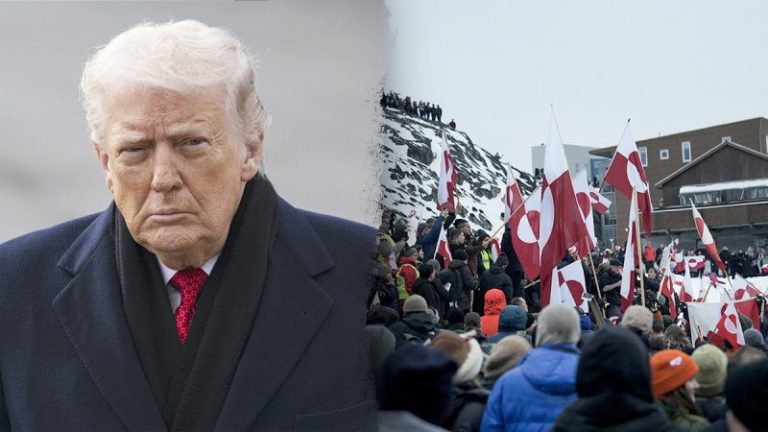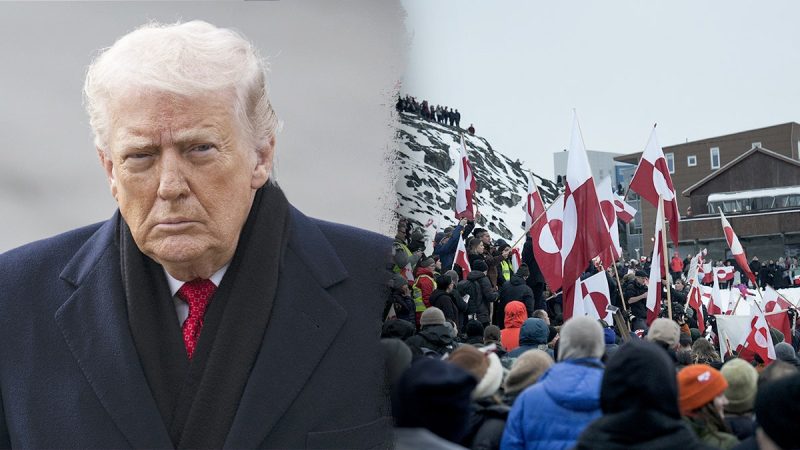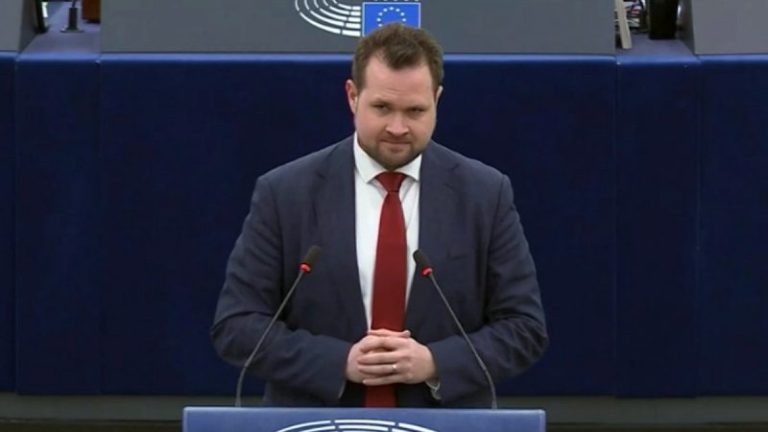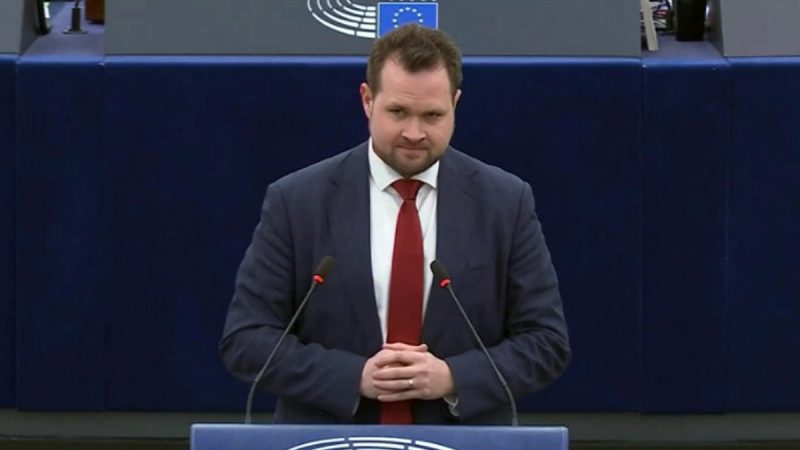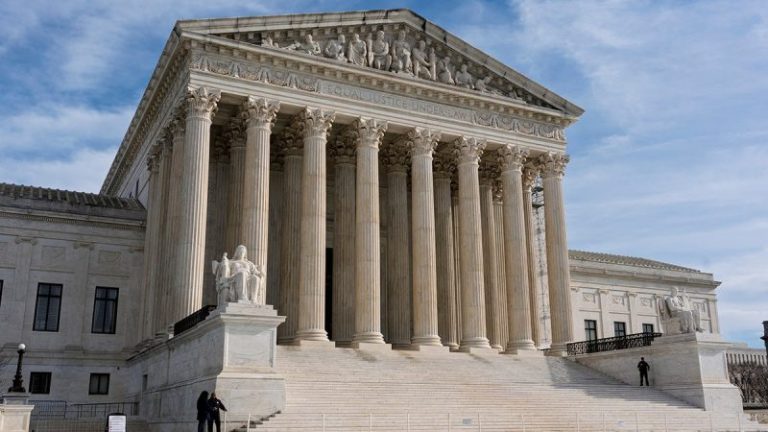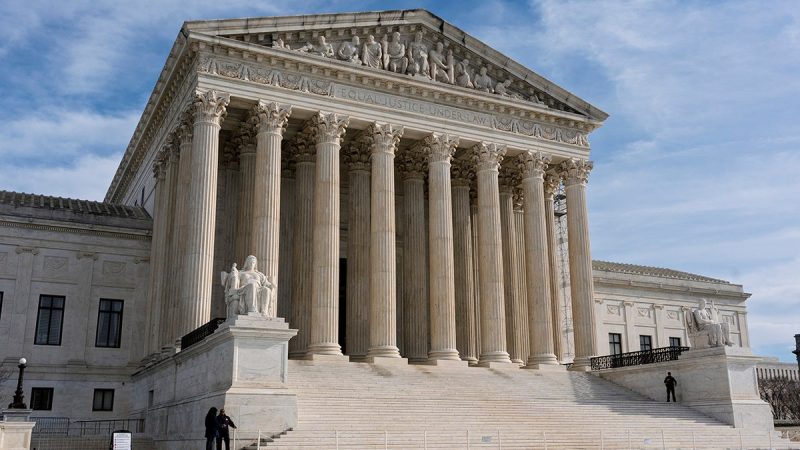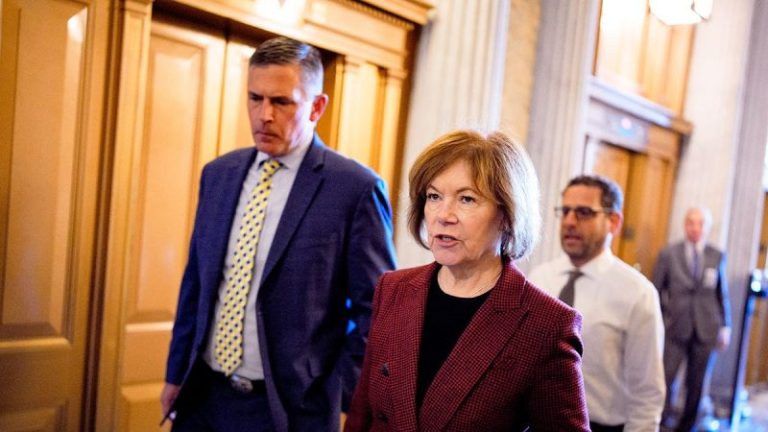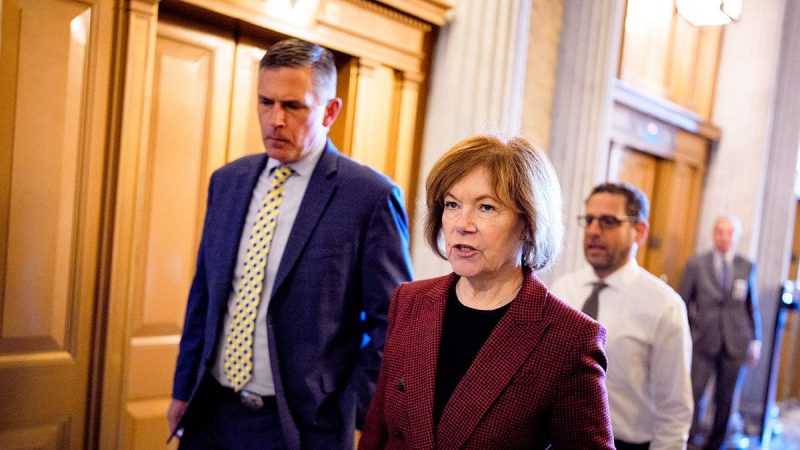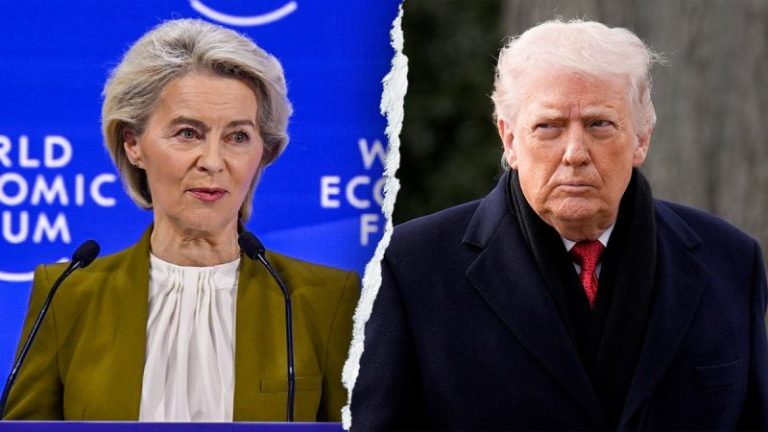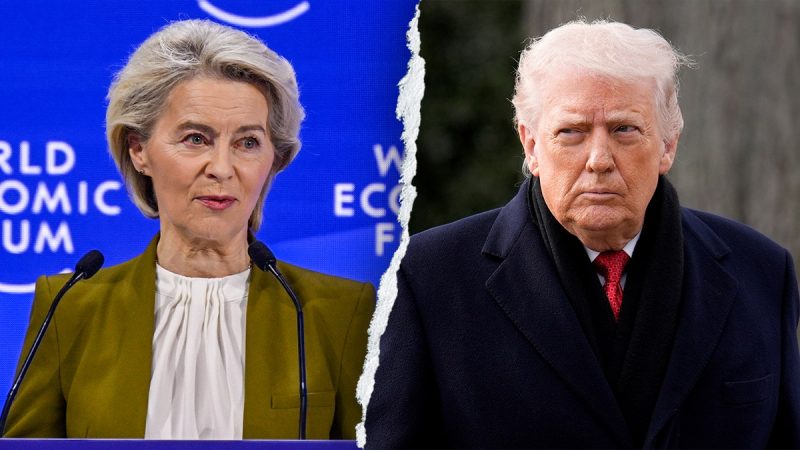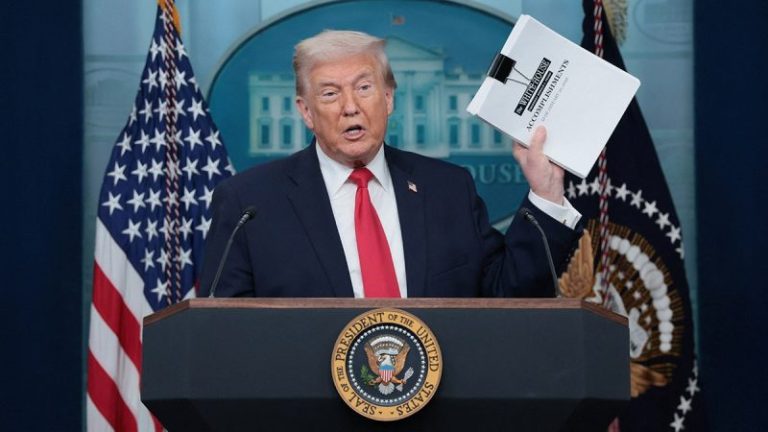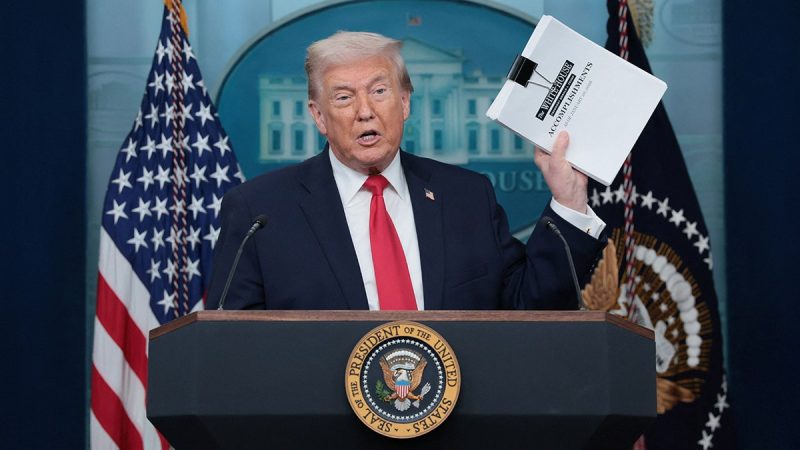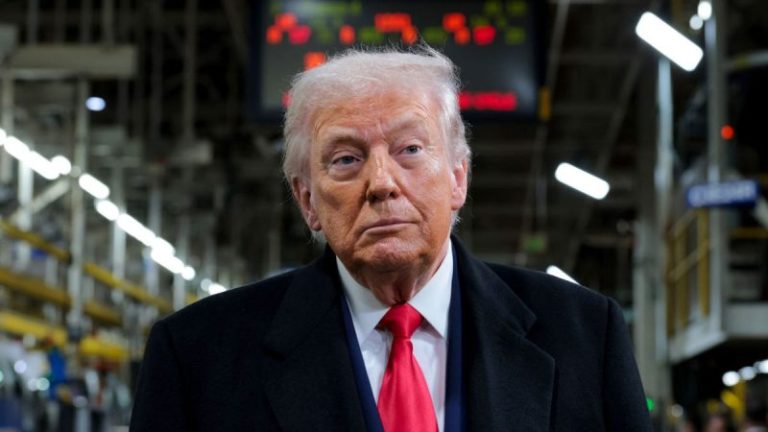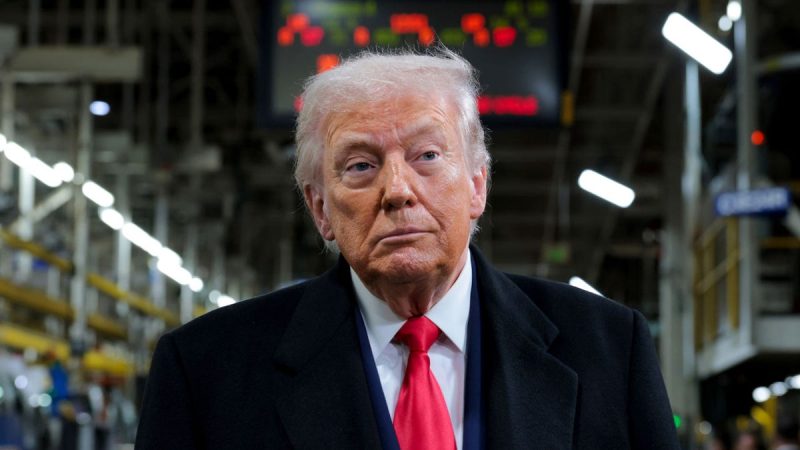
One year into President Donald Trump’s second term, the federal agency responsible for managing government buildings, contracts and technology says it has delivered tens of billions of dollars in savings for taxpayers.
The U.S. General Services Administration (GSA) announced on Tuesday that it has driven more than $60 billion in federal contract savings since January 2025, as part of the agency’s push to shrink the federal real estate footprint in the era of DOGE, cutting red tape for small businesses and rewriting decades-old procurement rules that critics long said fueled waste and inefficiency.
Over the past year, the agency disposed of 90 federal properties, cutting more than 3 million square feet from its portfolio and avoiding an estimated $415 million in repairs and operating costs. Property sales generated an additional $182 million in revenue, while renegotiated leases and portfolio reductions avoided another $730 million in future costs.
GSA officials say they have also identified 45 additional high-cost, underused properties for accelerated sale, moves that could save taxpayers more than $3 billion in repairs and operating expenses if completed.
GSA, established in 1949, manages more than 360 million rentable square feet nationwide.
‘Under President Trump’s leadership, we’re delivering on our promise to create a leaner, smarter, and more accountable government,’ GSA Administrator Edward C. Forst said in a statement to Fox News Digital. ‘GSA is right-sizing our federal real estate portfolio, streamlining operations, and using the buying power of the United States government to get the best deals in procurement for American taxpayers.’
The agency is also touting significant changes in the area of federal contracting.
GSA, working in partnership with the Office of Management and Budget, the Department of Defense and NASA, also completed a historic rewrite of the Federal Acquisition Regulation (FAR), a rulebook governing federal purchasing.
The rewrite cut roughly one-quarter of the FAR, eliminating 484 pages and 230,000 words, while removing more than 2,700 ‘shall’ and ‘must’ mandates that officials say slowed procurement and discouraged competition.
The agency also says it canceled more than $500 million in unnecessary or underperforming contracts and reduced the federal vehicle fleet by over 1,000 vehicles.
Cutting red tape for small businesses has also been an objective GSA says it has made headway on, including reducing the Federal Management Regulation by about 72% and streamlining the Federal Travel Regulation by roughly 50%, while eliminating 84 outdated policy bulletins from the Federal Register.
For small businesses specifically, officials say compliance burdens have been cut by 70%, and vendor onboarding, previously taking up to 30 days, has been reduced to same-day approval.
The regulatory changes are projected to save $900 million over the next decade, according to the agency.
The federal government has also moved to modernize the way payments are made and the way Americans access their federal services and the GSA highlighted the expanded use of Login.gov as part of a broader effort to combat improper federal payments, an issue the government estimates costs taxpayers roughly $200 billion each year.
The agency says the system now blocks thousands of suspected fraudulent identity verification attempts daily and has upgraded major partner agencies to a higher level of identity assurance, including biometric facial matching, to better protect access to federal benefits and services.
GSA also pointed to expanded use of artificial intelligence and automation, which Fox News Digital has previously reported on, as part of its effort to modernize federal operations without expanding the size of government.
The agency highlighted its development of a new USAi platform to support federal AI testing and deployment, allowing agencies to evaluate and adopt emerging technologies while maintaining security and oversight.
In a press release, the agency voiced its belief that the first-year accomplishments as part of Trump’s ‘vision’ of streamlining government ‘sets the tone for a results-driven second term.’
‘The results speak for themselves,’ Forst said.
This post appeared first on FOX NEWS



